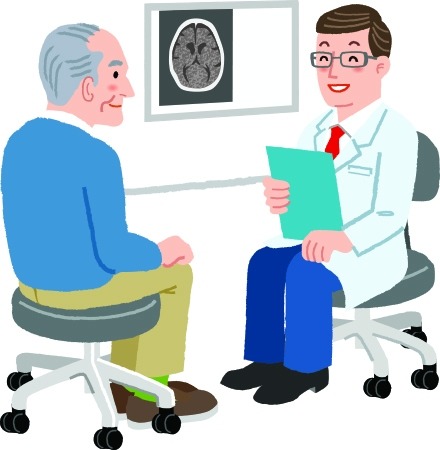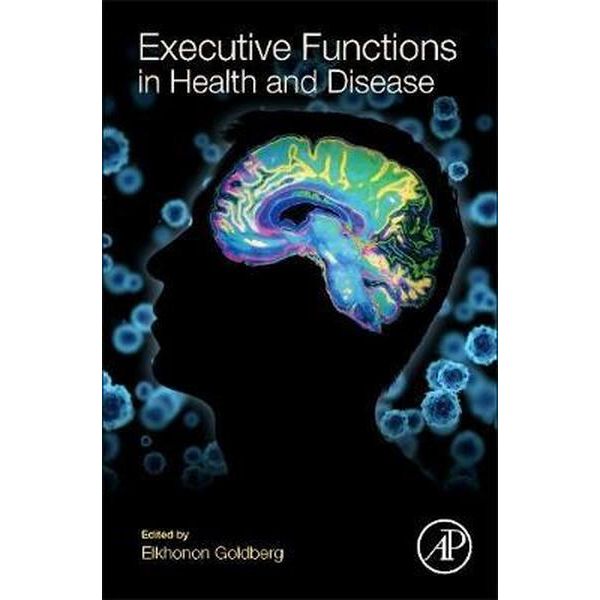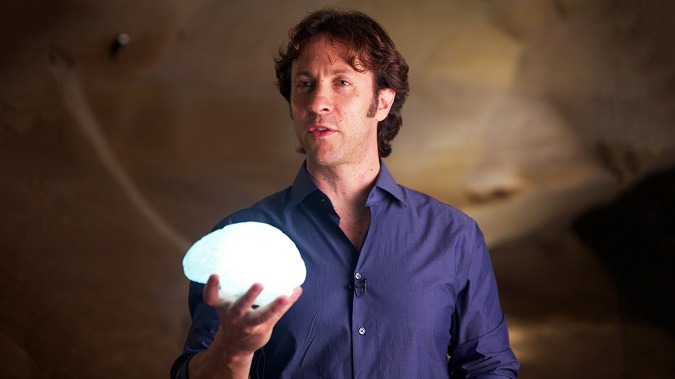Posts Tagged ‘neurologists’
To screen, or not to screen (for dementia), that is still the question
A leading group of medical experts on Tuesday declined to endorse cognitive screening for older adults, fueling a debate that has simmered for years. The U.S. Preventive Services Task Force said it could neither recommend nor oppose cognitive screening, citing insufficient scientific evidence of the practice’s benefits and harms and calling for further studies. The task…
Read MoreExecutive Functions in Health and Disease: New book to help integrate Cognitive Neuroscience and Neuropsychology
__________ Neuroscience used to be the monopoly of a few elite universities located in a handful of countries. Neuropsychology used to be a quaint niche discipline relatively unconnected to the larger world of neuroscience and content in its methods with paper-and-pencil tests.
Read MoreTrend: Mobile, data-rich apps to monitor and promote neurocognitive health
—– BrainCheck raises $3 million for app to monitor brain health (TechCrunch): “A Houston-based startup called BrainCheck has raised $3 million in seed funding for an app that helps users understand, by simply playing some games on an iPad, if they or a loved one may have suffered a concussion.
Read MoreNeurologists prescribing cognitive enhancement drugs to healthy kids and adults?
According to a new position statement by the American Academy of Neurology (AAN), prescribing cognitive enhancement, “attention-boosting,” drugs to healthy children is misguided and not justifiable. Interestingly, a 2009 position statement by AAN still in force today stated that doing so with adult “patients” is both legal and ethical (including the remark that “Neurologists who prescribe medications…
Read More



